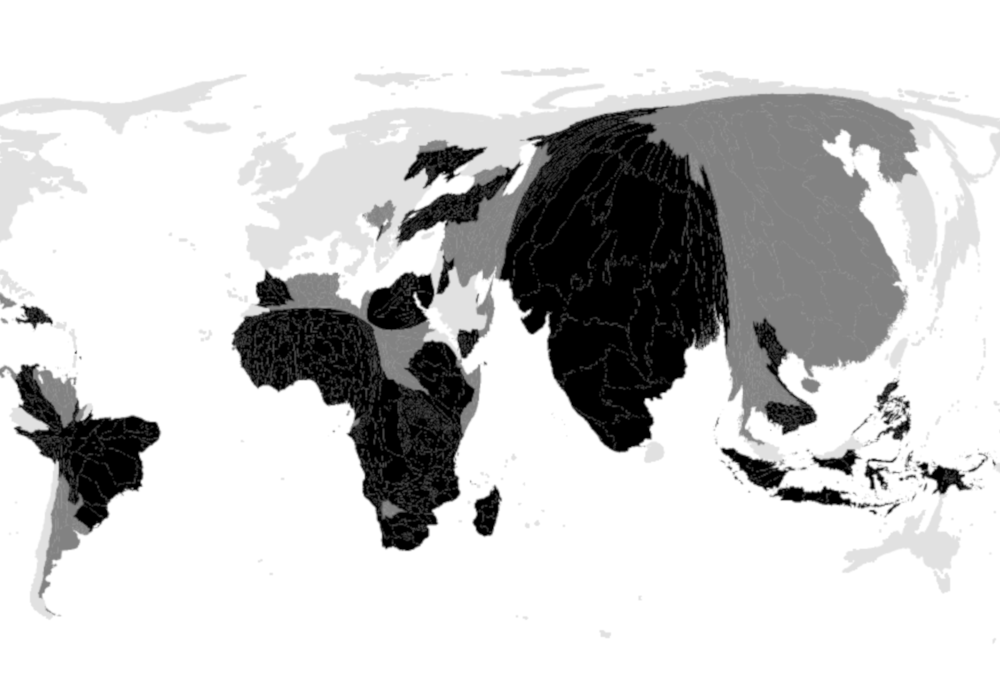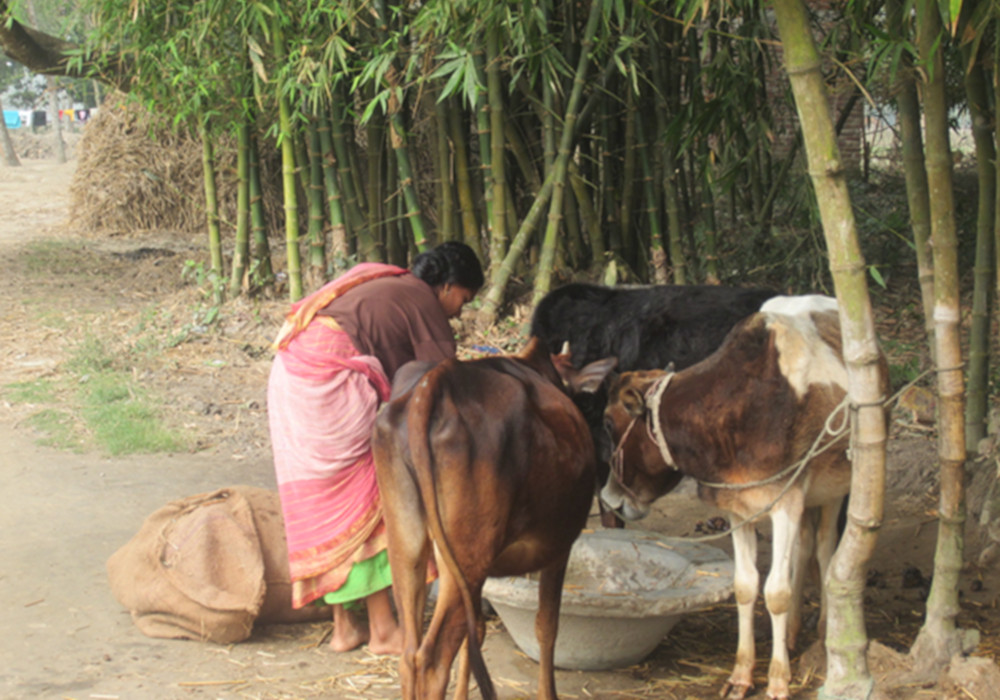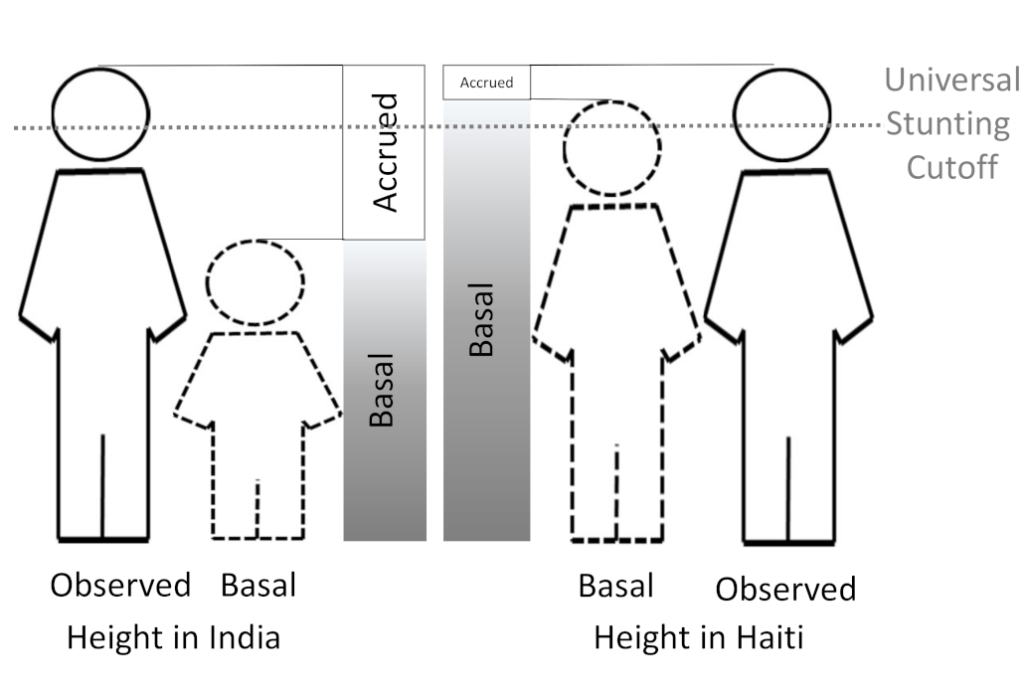
Human well-being depends on many factors, including health, wealth, knowledge, social support, and the freedom to make one’s own choices. Efforts to assess and compare well-being across diverse cultural settings often rely on benchmarks that do not take into account diversity in livelihoods and local biologies worldwide.
In recent work, we have focused on developing measures of health and economic well-being that:
1) capture diverse livelihoods and local biologies
2) permit comparison of individuals and communities across the full range of human experiences
Material Wealth
In low- and middle-income countries, researchers and policymakers frequently use a range of household’s assets (e.g., owning a TV) and access to services (e.g., electricity) to assess economic well-being and equity. Our group develops and tests novel asset-based measures that facilitate worldwide comparisons and capture diverse livelihoods.

Comparing Household Wealth Worldwide. Many measures of household wealth permit ranking of households within a given survey, but are difficult to compare across different countries or from different years. We are developing and testing novel ways to compare households across a range of countries and time periods.

Assessing Wealth Across Diverse Livelihoods. Most asset-based measures of wealth privilege success in market-based cash economies. Yet, agricultural activities constitute a substantial path to prosperity in low and middle-income countries. Our group has built novel measures that track success in agricultural activities for over 80 low- and middle-income countries.
Human Growth
Researchers, practitioners, and policymakers frequently use body size (e.g., height and weight) to assess the physical well-being of children and adults. These measures are easy to collect, are sensitive to nutrition, disease, and deprivation, and provide useful information about risk of disease and death. However, existing one-size-fits-all metrics do not account for the diverse ways that healthy bodies can grow in diverse populations. To permit meaningful worldwide comparisons, we are developing population-sensitive metrics that capture the portion of growth that depends on deprivation and is associated with health risks.

Context-sensitive measures of child growth. Height and weight are sensitive indicators of child well-being and disease risk. However, applying a one-size-fit-all standard for healthy growth can miss deprived children who are naturally tall. Our group is developing context-sensitive measures of child growth that capture poor growth in all populations.

Context-sensitive measures of obesity. Body mass index (BMI) is a sensitive indicator of disease and mortality risk. However, applying a one-size-fit-all standard for a healthy BMI can miss individuals who are naturally slender but have accrued large amounts of visceral body fat. To address this issue, our group is developing context-sensitive measures of BMI for diverse populations worldwide.